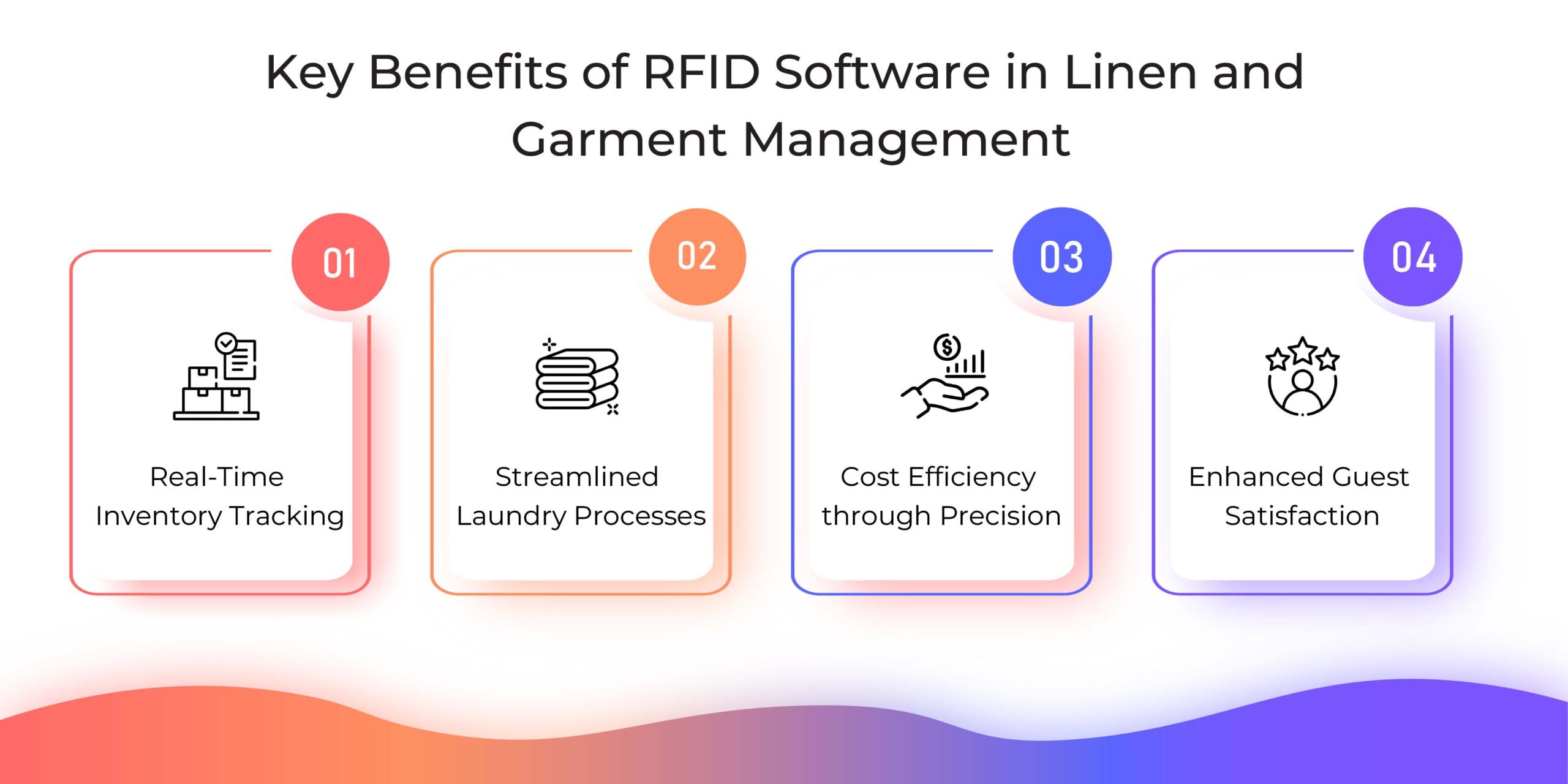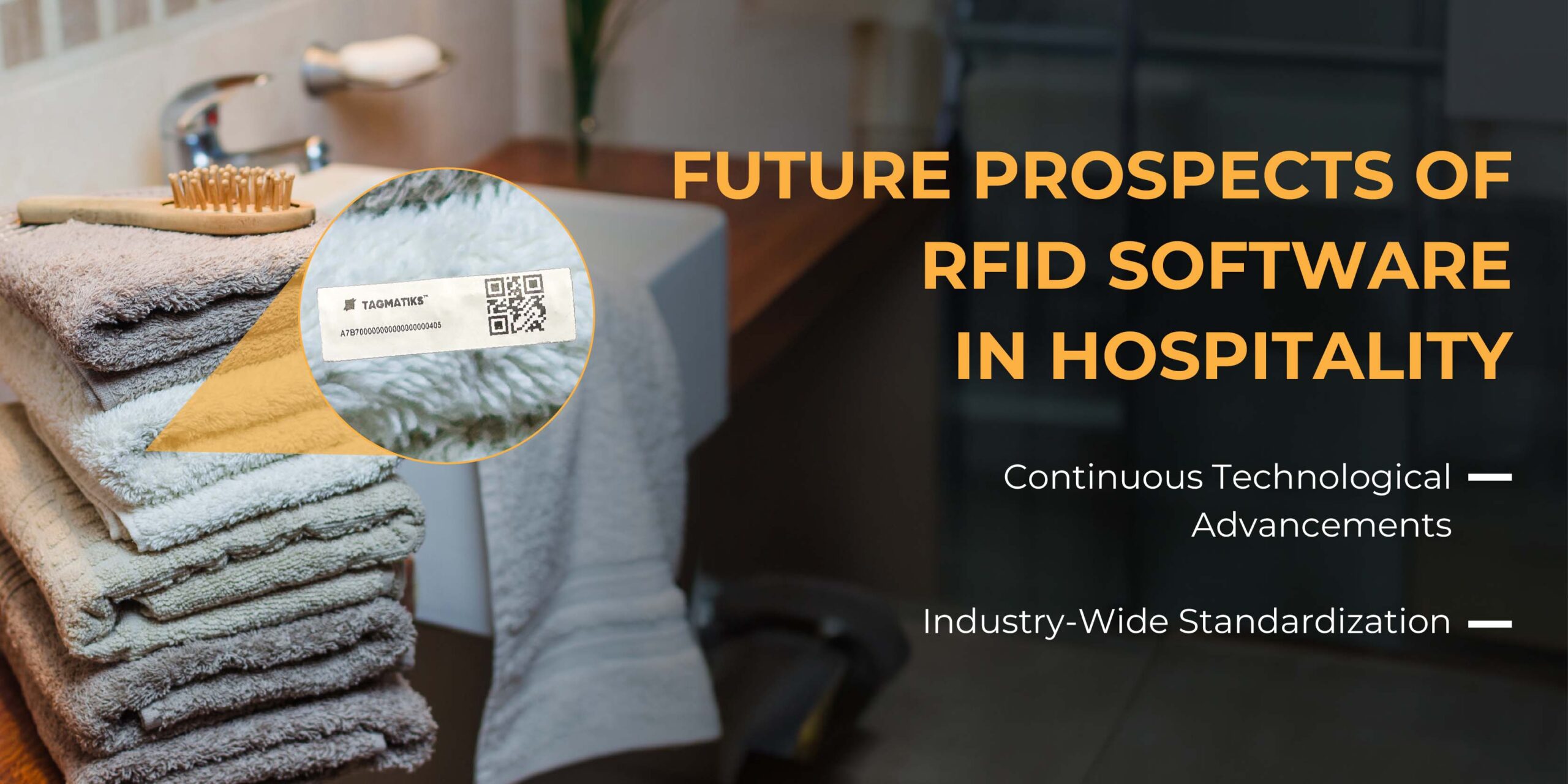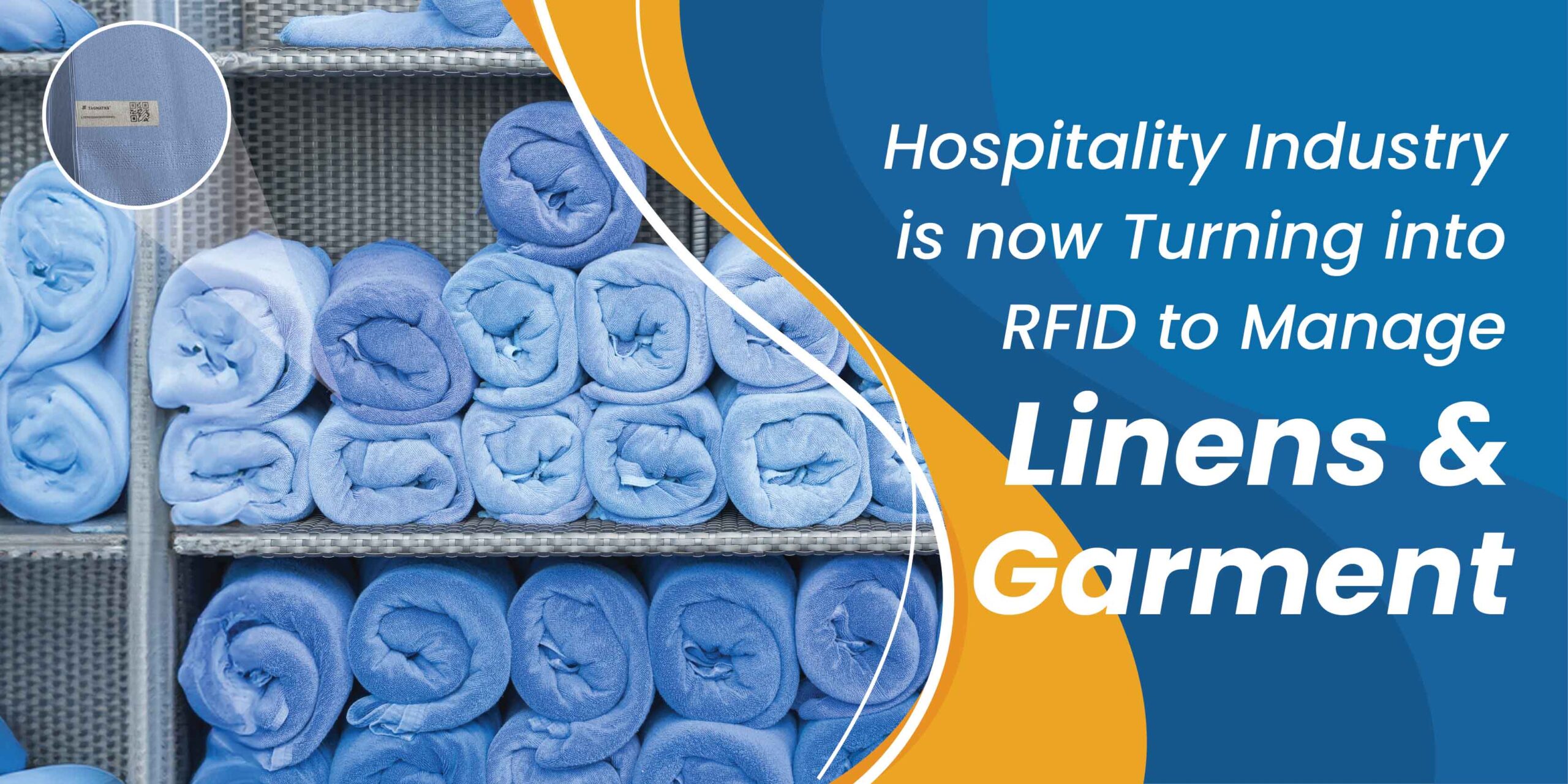Introduction:
In the dynamic landscape of the hospitality industry, where customer satisfaction is paramount, hotels and resorts are undergoing a technological revolution. A pioneering development that has gained significant traction is the adoption of Radio-Frequency Identification (RFID) for the meticulous management of linens and garments.
In an era where efficiency and guest satisfaction are paramount, hotels and resorts are increasingly turning to cutting-edge technology to streamline operations. One such innovation making waves in the hospitality industry is Radio-Frequency Identification (RFID). This comprehensive article explores the multifaceted reasons behind the surge in RFID adoption, delving into the myriad benefits, challenges, and transformative impact on the guest experience. This transformative technology is being harnessed by hotels and resorts to manage linens and garments, ushering in a new era of precision, cost-effectiveness, and enhanced guest experiences.
1. The Rise of RFID Software in Hospitality
A Paradigm Shift in Management Systems
The adoption of RFID software represents a paradigm shift in how hotels and resorts manage their linens and garments. Unlike traditional systems, RFID software utilizes radio waves to identify and track items, offering real-time visibility and control.
Evolving Beyond Barcodes
While barcoding systems have been used in the past, RFID software surpasses them in terms of efficiency and versatility. The software allows for seamless integration into existing management systems, ensuring a smooth transition for hotels embracing this transformative technology.

2: Key Benefits of RFID Software in Linen and Garments Management
Real-Time Inventory Tracking
RFID software provides hotels with real-time visibility into their linen and garments inventory. This level of precision ensures that housekeeping and laundry staff can locate items promptly, preventing shortages and minimizing excess stock.
Streamlined Laundry Processes
The automation capabilities of RFID software streamline laundry operations by optimizing sorting processes using RFID tags. This not only reduces manual labor but also minimizes errors, ensuring that fresh and clean linens are consistently delivered to guest rooms.
Cost Efficiency through Precision
Accurate tracking facilitated by RFID software translates into cost savings for hotels. The ability to precisely monitor inventory levels minimizes unnecessary purchases, promoting a sustainable and cost-effective approach to resource management.
Enhanced Guest Satisfaction
RFID software contributes to an elevated guest experience by ensuring that the right linens and garments are readily available in guest rooms. The efficiency in handling guest requests for additional items further enhances overall customer satisfaction.
3: Implementation Challenges and Solutions
Initial Investment Considerations
While the initial investment in RFID software may seem substantial, hotels must view it as a strategic long-term investment. The potential for significant cost savings and operational efficiency justifies the upfront costs.
Seamless Integration with Existing Systems
To maximize the benefits of RFID software, seamless integration into existing hotel management systems is crucial. Hotels should work closely with technology providers to ensure a smooth transition and minimal disruptions.
User Training for Optimal Utilization
The successful implementation of RFID software relies on comprehensive user training programs. Investing in training ensures that hotel staff can fully utilize the capabilities of the new technology, minimizing resistance and optimizing efficiency.

4: Future Prospects of RFID Software in Hospitality
Continuous Technological Advancements
As technology continues to evolve, so will RFID applications in the hospitality sector. Future advancements may include enhanced data analytics, artificial intelligence integration, and even more seamless guest experiences. As technology evolves, RFID software in the hospitality sector will continue to advance. Future developments may include enhanced analytics, artificial intelligence integration, and further customization to meet the evolving needs of hotels and resorts.
Industry-Wide Standardization
As more hotels and resorts adopt RFID software, industry-wide standardization may become a reality. With more hotels recognizing the benefits of RFID, industry-wide standardization could become a reality. This standardization would facilitate interoperability between different systems and enhance the overall efficiency of the hospitality sector. This standardization would promote interoperability between different systems, fostering a more cohesive and efficient hospitality ecosystem.
Conclusion
In conclusion, the adoption of RFID for linen and garments management marks a pivotal moment in the hospitality industry’s evolution. Beyond the operational advantages, RFID is reshaping the guest experience, setting the stage for a new era of efficiency and customer satisfaction. As hotels and resorts continue to embrace this transformative technology, As the hospitality industry evolves, hotels and resorts are increasingly recognizing the transformative potential of RFID in managing linens and garments. The adoption of this technology not only enhances operational efficiency and cost-effectiveness but also contributes to an elevated guest experience. By embracing RFID, hotels position themselves at the forefront of innovation, ensuring a seamless and memorable stay for their guests. The RFID revolution is poised to redefine the very fabric of hospitality management.
